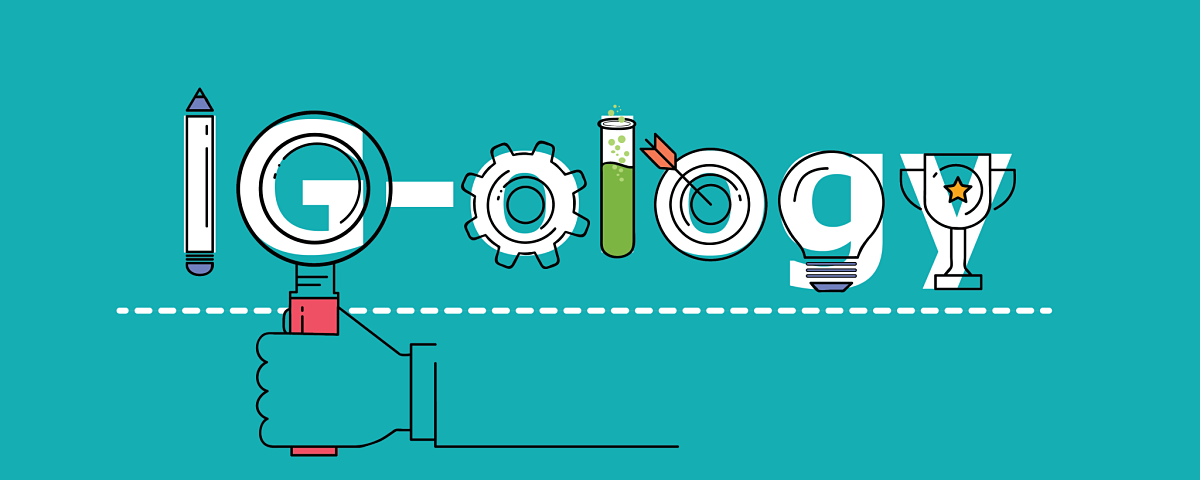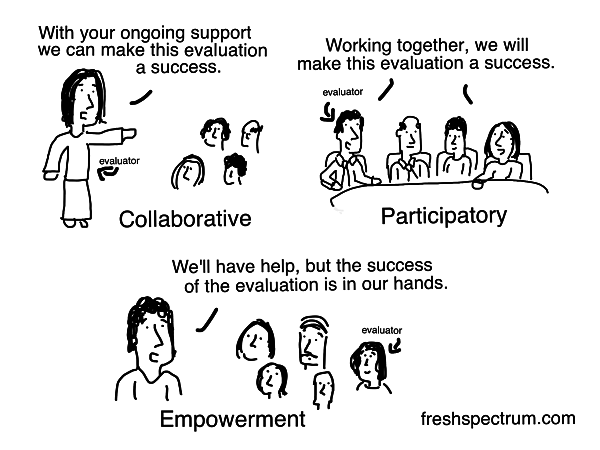
 Empowerment evaluation is one way an organization and their stakeholders can work with an external evaluator. With this approach, the evaluator acts as a coach or critical friend to an organization that is evaluating their own program or other efforts. With empowerment evaluation, we’re a bit more in the background, providing training, resources, and advice along the way. Ultimately, the organization and their stakeholders are the lead—and we’re supporting them on their journey.
Empowerment evaluation is one way an organization and their stakeholders can work with an external evaluator. With this approach, the evaluator acts as a coach or critical friend to an organization that is evaluating their own program or other efforts. With empowerment evaluation, we’re a bit more in the background, providing training, resources, and advice along the way. Ultimately, the organization and their stakeholders are the lead—and we’re supporting them on their journey.
Why use an empowerment approach? This approach is useful when an organization and their stakeholders have some evaluation capacity and want coaching and feedback to supplement this expertise. We have also used this approach when our client is investing in themselves by learning how to evaluate and setting up a variety of evaluation systems, and are needing guidance for how to get things in place.
Having worked through many empowerment evaluations, I’ve learned there can be tensions, like when the line between coaching and just doing the evaluation tasks gets blurred, or balancing the values or preferences of different stakeholders. For instance, some may favor using more community knowledge when designing and evaluating programs, while others value using evidence-based strategies and evaluating with scientific rigor. That’s why we say facilitation skills are super important here, because we’re really helping to facilitate an evaluation process to help those involved come to agreement and choose solutions that are the best fit for their context.
This cartoon from Chris Lysy demonstrates the differences between collaborative, participatory, and empowerment evaluation approaches!

About the author: Jennifer Obinna is a Director of Consulting at The Improve Group, with a background in empowerment evaluation. Read her full bio here!
